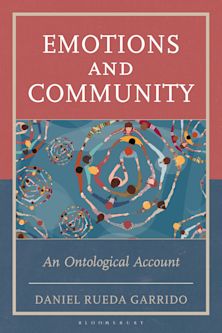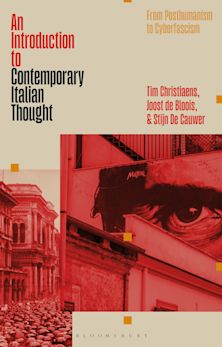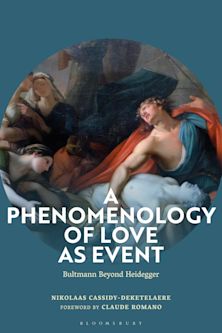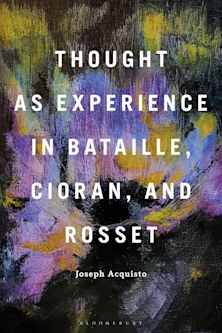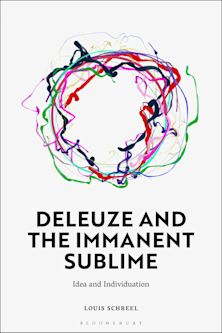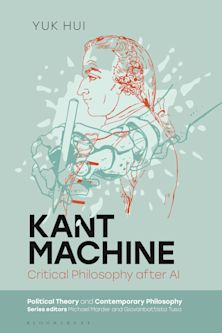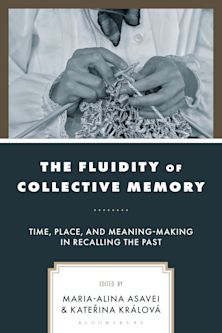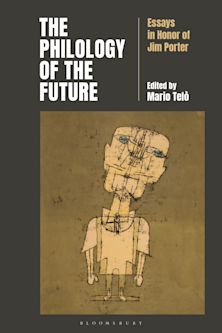Happiness, Unhappiness, and Chance in the Philosophy of Paul Ricoeur
Happiness, Unhappiness, and Chance in the Philosophy of Paul Ricoeur
This product is usually dispatched within 1 week
- Delivery and returns info
-
Free CA delivery on orders $40 or over
Description
An alternative philosophical understanding of happiness can serve as a corrective to the accounts of happiness offered by modern sciences, religion, and consumerism.
This book argues that the notions of happiness, unhappiness, and chance in the philosophy of Paul Ricoeur offer an overarching conceptualization of happiness that has significant implications for contemporary philosophical accounts of happiness. By analyzing Ricoeur's philosophy, and specifically his two articles on happiness, “Le Bonheur Hors Lieu” (1994) and “L'optatif du bonheur” (2001), Anné H. Verhoef argues that a significant alternative mode of understanding happiness is found in the dialectical thinking of Ricoeur. Ricoeur's dialectic of happiness and unhappiness entails that one cannot exist without the other; unhappiness is not something to be overcome, but something to be embraced. Furthermore, Ricoeur's recognition of chance in relation to happiness opens a recognition for happiness as something received without any effort, while simultaneously preserving the Aristotelian idea that one should strive for goodness. There is a fragile dialectic of receiving and striving for happiness within the simultaneous dialectic of happiness and unhappiness.
Table of Contents
Chapter 1: The Problem of Happiness
1.1 The Problem of Happiness
1.2 The Problem of Defining Happiness
1.3 The Crisis of Happiness
1.4 Defining Happiness Etymologically
1.5 Luck, Chance, Fate, and Unhappiness
Chapter 2: Common Understandings of Happiness
2.1 Drawing a Map from Happiness Literature
Chapter 3: Other Understandings of Happiness
3.1 A More Complete Typology of Happiness
3.2 The Need to Rethink Happiness Philosophically
Chapter 4: Negation, Affirmation and Happiness
4.1 Introduction to Ricoeur's Work Regarding Happiness
4.2 The Need for a Real-World Happiness
Chapter 5: Happiness And Being Human
5.1 Ricoeur's Philosophical Anthropology and Happiness
5.2 Happiness as Comprehensive and Transcendent
5.3 Ricoeur's Other Relevant Work on Happiness
Chapter 6: The Place and Language of Happiness
6.1 The Need for a Dialectics of Happiness, Unhappiness, and Chance
6.2 Is Happiness Out of Bounds?
6.3 The Optative Mood of Happiness
Chapter 7: A Dialectics of Happiness, Unhappiness and Chance
7.1 Ricoeur's Affirmative Philosophy and Happiness
7.2 Happiness, Chance and Capability
7.3 The Dialectic Between Happiness, Unhappiness and Chance
Chapter 8: Implications Of Ricoeur's Understanding of Happiness
8.1 Definitions and Problems of Happiness
8.2 Happiness and Religion
8.3 Happiness and the Happiness Sciences
8.4 The Crisis of Happiness: Consumerism and Algorithmic Ecologies
Chapter 9: Relevant Happiness
9.1 Happiness as the Most Important Desire in Life
9.2 Critique of Ricoeur's Understanding of Happiness
9.3 The Challenges of Happiness
9.4 The Possibility of Relevant Happiness
References
Index
Product details

| Published | Nov 27 2025 |
|---|---|
| Format | Hardback |
| Edition | 1st |
| Extent | 250 |
| ISBN | 9781666976373 |
| Imprint | Bloomsbury Academic |
| Dimensions | 229 x 152 mm |
| Series | Studies in the Thought of Paul Ricoeur |
| Publisher | Bloomsbury Publishing |
Reviews

ONLINE RESOURCES
Bloomsbury Collections
This book is available on Bloomsbury Collections where your library has access.













